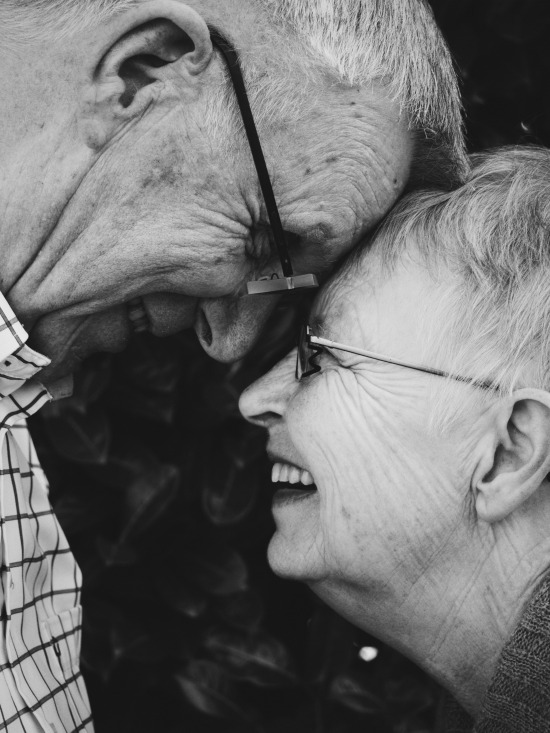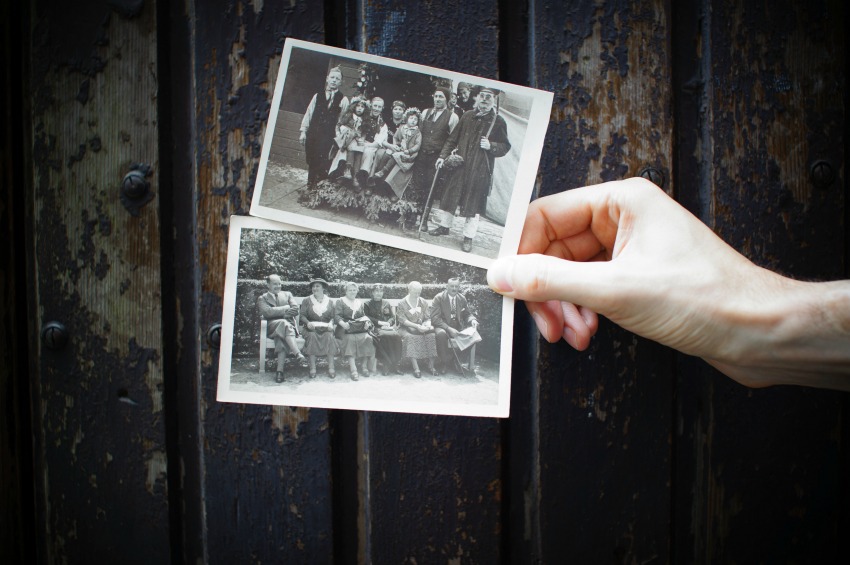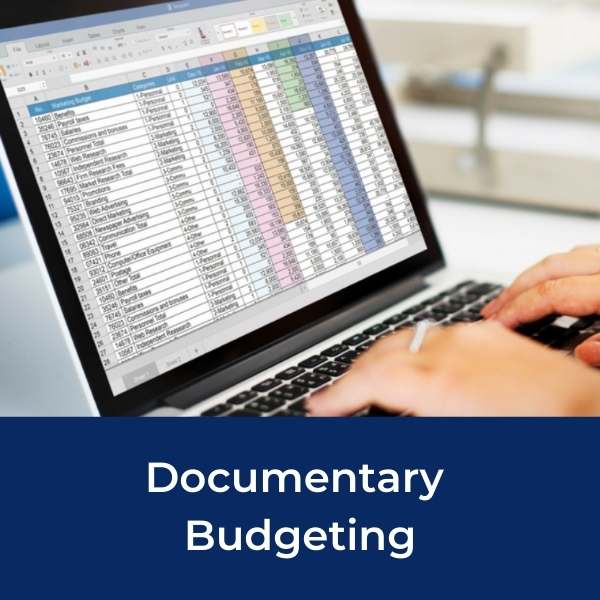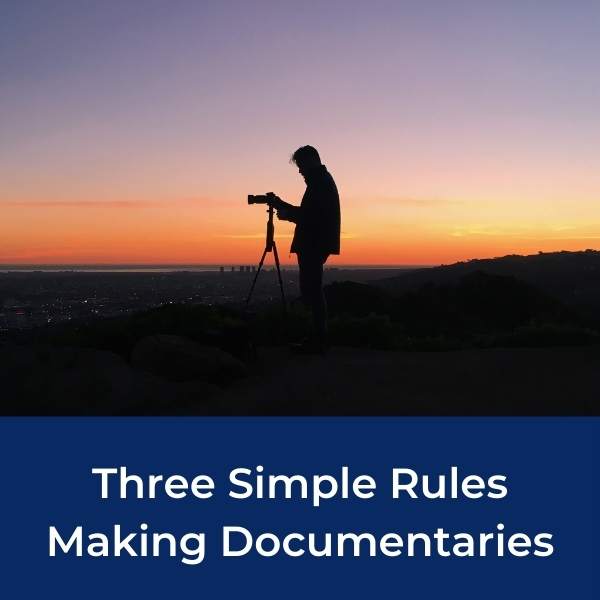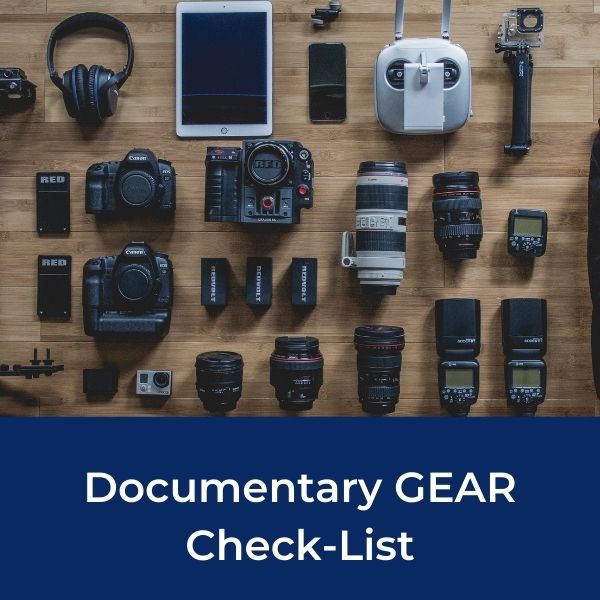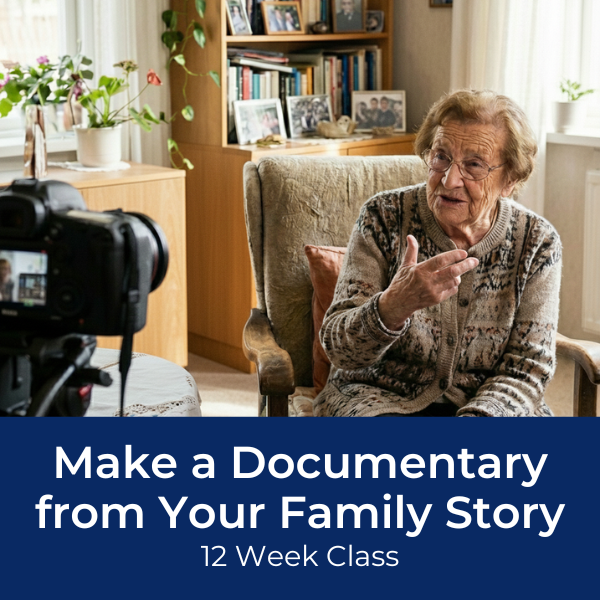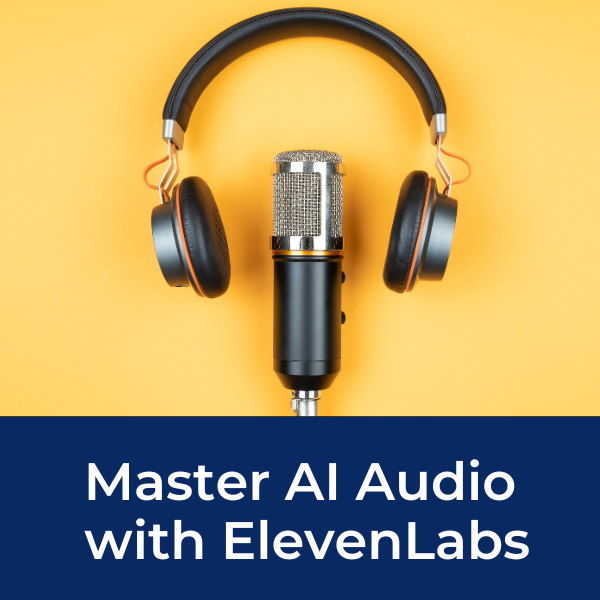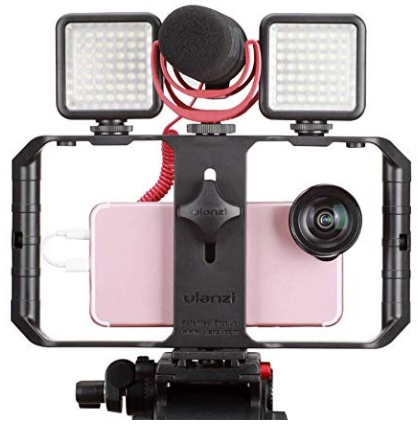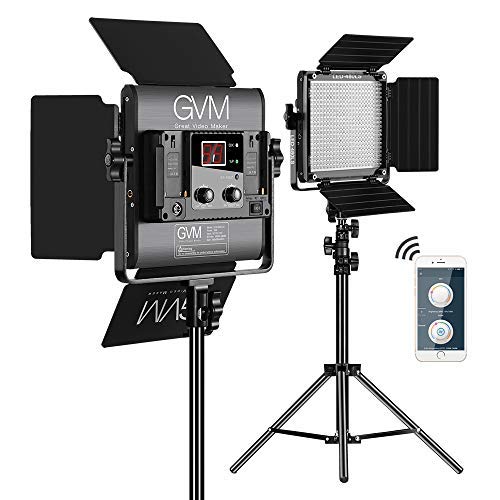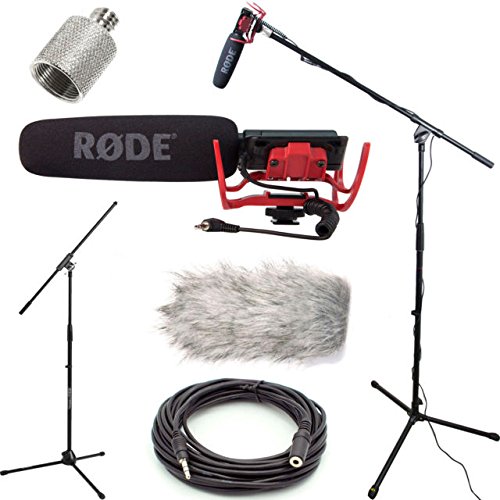How To Make A Life Documentary Of Your Parents
(10 Do's and Don'ts)
By Guest Author: Carolien Oosterhoff
You know the expression: ‘when an elder dies, a whole library burns’?
I wouldn’t have that.
Six years ago I started capturing my parents’ life stories on camera. They were still ‘young’ enough with a clear mind.
I finished my father’s documentary in 3 years (8 appointments), but the life of my mother was a tad more challenging since I felt the urge to dive deeper in her history. That part, one day, will be a separate documentary for the audience hopefully.
Why don’t you celebrate Christmas differently this year? Start recording!
Make a Documentary from Your Family Story
How To Make A Life Documentary
Of Your Parents (10 Do's and Don'ts)
Here are 10 Do’s and Don’ts that I've learned along my filmmaking journey on how to capture a life documentary of one's parents.
1. Interview parents separately
First, if both your parents are still alive, do not interview them together. Why? Because they are individuals, they both have their own perspective. Besides, they had a life of their own before they met each other. You will be surprised how you will get to know your parents better if you talk to them individually.
PS; send the other parent away for a while with the promise next time he/she will get your undivided attention as well.
2. Decide who is the audience
Tell them before you start interviewing they have to take the future audience in mind. This defines how ‘openly’ they can share. Is it just for the children? Or will it be for the grandchildren too? Or is it for all aunts and uncles, friends, etc.
My advice is to make a documentary just for the children and grandchildren: I found both my parents speaking very openly about their life (them trusting me I would keep the material in our family only).
Needless to say, do not share any of your material online without their consent. Like with any documentary: trust is the most important thing to have and to keep!
3. Wait until the camera is recording before parents tell their stories
Once you agreed on interviewing your parents, remember one thing: their mind will start recollecting all kinds of memories instantly.
Tell them to wait until the camera is turned on to tell their stories.
Instruct them to write down some of those memories to refer to once the interview starts. Stick to this rule or else you will miss the most authentic stories with all the ‘first time emotions’!
4. Prepare your questions in advance
Prepare for the first interview: what would YOU like to know most? Write your questions down and take them with you. Remember also that it is simply impossible to have them tell their whole life. And believe me: the biggest pitfall of doing this project is that they (and you) start talking for hours and hours. You end up – easily – with 30 hours of footage that later on is impossible to edit. You have to choose subjects so things will be left out. Remind them on the go as well because once the drawers are open … ;-)
5. Interview in segments
Where to start? Example: my mother was 75 when we started. So I divided the interviews up into 5 x 15 years. That feels structured and is therefore doable.
Every interview I requested her to prepare too, but just about that period of her life: I asked her for the most important pictures (one picture for every year), objects that were important during those years, her favourite music in those years, and some life changing memories.
This film will be most valuable for you if you let them talk about anecdotes, instead of summing up their curriculum. This means: prepare open-ended questions, listen actively and be silent a lot.
Let the stories unfold.
And be a timekeeper (I cannot stress this enough, and if you want to know why, you should see the amount of external Hard Drives I have here).
6. Calm nerves & check batteries
On the first session, they’ll probably be a bit nervous. I simply put the camera behind me (POV ‘over the shoulder’) so they wouldn’t have to stare into the camera lens really. Have them talk to you, not to the camera. As soon as they start talking about memories they will forget about the camera soon enough.
Of course, check and double check the battery of your camera, whether your camera is actually running and like with any shoot, ensure the microphone is switched on (pref. with headphones on during the interviews).
If you’re not experienced at all with filming, just buy a simple tripod, use your smartphone in landscape position (!) and attach a small lavalier microphone to their chest. Plug the camera into an electrical outlet (the phone too), because this project will eat the battery and the memory. Check every 10 minutes if it’s still running!
7. State the date, year and subjects of discussion
Start the interview by naming the date, year and the subjects you are going to talk about ‘today’. This is an extra reminder for both of you to not end up ‘all over the place’ hopping back and forth in history. It will happen they will link all their memories to the present day as well, but you’re the director, so stay in charge.
Take your paper and start asking. If they show you the objects tell them you will capture that separately after the interview. In the montage you can edit those in.
This is how our autobiographical memory works: it’s like opening a closet. First you see the big picture: the closet. Inside there are drawers. Each drawer contains a few ‘general’ stories. But inside these drawers are little envelopes. Inside those envelopes are the stories you want. But you cannot start there. You slowly work your way – with questions – towards the envelopes.
8. Encourage, don't disagree
Remember: you’re asking your parents about their life. This means they are going to talk about their experiences, from their point of view.
Do not ‘disagree’ with their perspective. Apart from facts (years, dates, etc), there is no such thing as ‘the truth’.
Everything is perspective. Just listen.
9. Set a timer
Set your timer for 90 minutes and then stop. If your parents are old, you will notice this process for them is quite an undertaking. My parents told me they started dreaming a lot after the interviews, and more and more memories came back.
You want to keep them motivated for the next interview as well.
I scheduled my appointments with them every 2 or 3 months. So they would have the time to process everything, and I would have the time to watch the footage (and process everything I’d heard too + sometimes formulate new questions).
10. Do not skip the difficult parts
One last tip: if it is possible, do not skip the difficult parts of their lives unless they have gone through extreme traumatic events that would disturb them too much now.
I have gone through an enormous process with both my parents and I have discovered also that not only their happy times made them who they are, but how they dealt with all the difficulties in their lives taught me just as much about … my roots.
It was so extremely worthwhile; it has actually changed my life. I went to film school during these years and now I am a professional documentary filmmaker. Who would’ve thought?
Make a Documentary from Your Family Story
About The Author
Carolien Oosterhoff is a Dutch filmmaker with a varied background of careers, hobbies and interests. At the age of 45, she attended film school to learn how to make documentaries. Carolien focusses on capturing arts, crafts and life stories. She is a one-person crew doing everything herself (camera, sound, edit and storytelling).
She is currently running her own documentary and video production company based in Amsterdam, The Netherlands.
Other Articles You May Enjoy
- How To Make A Family Legacy Documentary
- Home Made Videos: 10 Fun & Creative Video Gift Ideas!
- How To Make A Mini-Documentary
Ready To Make Your Dream Documentary?
Sign up for our exclusive 7-day crash course and learn step-by-step how to make a documentary from idea to completed movie!

